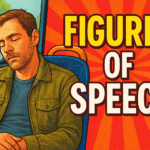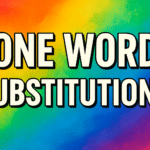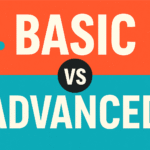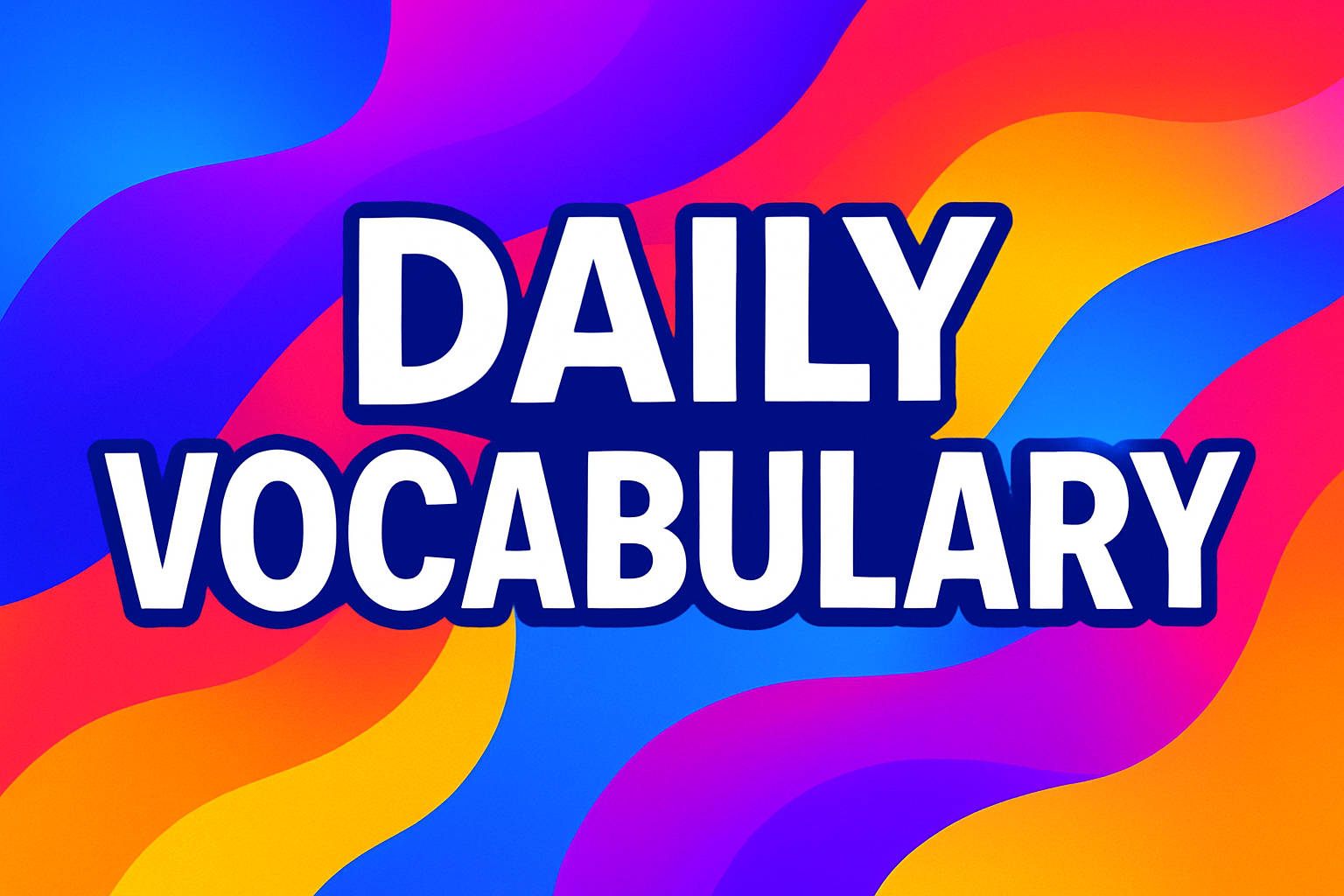Modal verbs are auxiliary verbs that express necessity, possibility, permission, ability, obligation, or other conditions. They modify the main verb to indicate the speaker’s attitude or the likelihood of an action. In English, modal verbs are unique because they don’t change form (no -s, -ing, or -ed endings) and are followed by the base form of the main verb (infinitive without “to”).
Below is a comprehensive explanation of modal verbs, their uses, rules, and examples.
1. What Are Modal Verbs?
Modal verbs are a subset of auxiliary verbs used to express:
- Ability (can, could)
- Possibility (may, might, could)
- Permission (may, can)
- Obligation (must, should, ought to)
- Prohibition (must not, cannot)
- Advice (should, ought to)
- Logical conclusion (must, might)
- Request (can, could, would)
- Preference (would rather)
Common Modal Verbs
The primary modal verbs in English are:
- can
- could
- may
- might
- shall
- should
- will
- would
- must
Semi-Modal Verbs
These function similarly but have some differences (e.g., they may change form or require “to”):
- ought to
- have to
- need to
- used to
- dare
2. Characteristics of Modal Verbs
- No inflection: Modal verbs don’t take -s, -ed, or -ing endings.
- Correct: She can swim.
- Incorrect: She cans swim.
- Followed by base verb: They are always followed by the base form of the main verb (without “to,” except for “ought to”).
- Correct: You must go.
- Incorrect: You must to go.
- Form negatives with “not”: Negation is formed by adding “not” after the modal.
- Example: You should not lie.
- No auxiliary in questions: Modals invert with the subject to form questions.
- Example: Can you help me? (Not: Do you can help me?)
- No infinitive or participle forms: Modals cannot be used as infinitives or participles.
- Correct: I want to be able to swim.
- Incorrect: I want to can swim.
3. Uses of Modal Verbs with Examples
Modal verbs have specific meanings depending on context. Below are their primary uses, categorized by function, with examples.
A. Ability
- Can: Present ability.
- Example: I can speak Spanish fluently.
- Could: Past ability or polite ability in the present.
- Example: When I was young, I could run very fast.
- Example: Could you open the window, please? (polite request)
- Be able to: Used when modals don’t fit (e.g., in infinitive or continuous forms).
- Example: I want to be able to dance like her.
- Example: She is able to finish the project by tomorrow.
B. Possibility
- May: Present possibility (formal or uncertain).
- Example: It may rain this afternoon.
- Might: Present or future possibility (less certain than “may”).
- Example: She might come to the party, but she’s not sure.
- Could: Possibility (less likely or hypothetical).
- Example: The traffic could delay us.
- Can: General possibility.
- Example: Winters can be harsh in this region.
C. Permission
- Can: Informal permission.
- Example: Can I borrow your pen?
- May: Formal permission.
- Example: May I leave the room, sir?
- Could: Polite request for permission.
- Example: Could I use your phone?
D. Obligation
- Must: Strong obligation (speaker’s opinion or logical necessity).
- Example: You must submit the assignment by Friday.
- Example: He must be tired after working all day. (logical conclusion)
- Have to: Obligation based on external rules or circumstances.
- Example: I have to wear a uniform at school.
- Should: Mild obligation or advice.
- Example: You should study for the exam.
- Ought to: Similar to “should,” often with moral or logical duty.
- Example: We ought to respect our elders.
E. Prohibition
- Must not: Forbidding something.
- Example: You must not smoke in this area.
- Cannot: Denying permission.
- Example: You cannot park here.
F. Advice
- Should: Giving advice or recommendations.
- Example: You should see a doctor if you’re feeling unwell.
- Ought to: Similar to “should,” often more formal.
- Example: You ought to apologize for your mistake.
G. Logical Conclusion
- Must: Logical certainty based on evidence.
- Example: The lights are on, so someone must be home.
- Might/May: Possible conclusion (less certain).
- Example: She might be at the library, as she loves reading.
- Cannot: Logical impossibility.
- Example: He cannot be the culprit; he was with me all day.
H. Requests
- Can: Informal request.
- Example: Can you help me with this?
- Could: Polite request.
- Example: Could you please pass the salt?
- Will: Direct request.
- Example: Will you call me later?
- Would: Very polite request.
- Example: Would you mind closing the door?
I. Offers and Invitations
- Will: Offering help.
- Example: I will carry your bags for you.
- Shall: Offering or suggesting (formal, often with “we”).
- Example: Shall we start the meeting now?
- Would: Polite offer.
- Example: Would you like some tea?
J. Preferences
- Would rather: Expressing preference.
- Example: I would rather stay home than go out.
- Would prefer: Similar to “would rather,” more formal.
- Example: I would prefer to travel by train.
K. Hypothetical Situations
- Would: Imaginary or unreal situations.
- Example: If I were rich, I would travel the world.
- Could: Hypothetical ability or possibility.
- Example: If you studied harder, you could pass the test.
- Might: Hypothetical possibility.
- Example: If we leave now, we might catch the bus.
4. Modal Verbs in Different Tenses
Modal verbs themselves don’t have tense forms, but their meanings can shift to express past, present, or future contexts. For past or continuous forms, semi-modals or alternative constructions are often used.
Present
- Example: I can swim. (ability)
- Example: You must finish your homework. (obligation)
Past
- Could: Past ability.
- Example: She could dance beautifully as a child.
- Would: Past habits or hypothetical past.
- Example: When I was young, I would play outside all day.
- Might/May have: Past possibility.
- Example: She might have missed the bus.
- Must have: Logical conclusion about the past.
- Example: He must have left early; his car is gone.
- Should have: Past advice or regret.
- Example: You should have called me.
- Could have: Past possibility or unrealized action.
- Example: I could have won if I had tried harder.
Future
Modal verbs like “will,” “shall,” or others combined with context express future actions.
- Example: I will meet you tomorrow. (promise)
- Example: You might see her at the event next week. (possibility)
Perfect Modals (Modal + Have + Past Participle)
Used to talk about past situations with present relevance or hypothetical scenarios.
- Example: She must have forgotten the meeting. (logical conclusion)
- Example: You shouldn’t have said that. (regret)
- Example: They could have arrived earlier. (missed opportunity)
5. Common Mistakes with Modal Verbs
- Using “to” after modals (except “ought to”).
- Incorrect: You must to go.
- Correct: You must go.
- Adding -s or -ing to modals.
- Incorrect: She cans swim.
- Correct: She can swim.
- Confusing “must” and “have to”.
- “Must”: Speaker’s opinion or logical necessity.
- Example: I must finish this today. (personal decision)
- “Have to”: External obligation.
- Example: I have to finish this because my boss said so.
- “Must”: Speaker’s opinion or logical necessity.
- Using double modals.
- Incorrect: You might can come.
- Correct: You might be able to come.
- Confusing “may” and “might”.
- “May”: More likely or formal permission.
- Example: It may rain soon. (50% chance)
- “Might”: Less likely.
- Example: It might rain later. (30% chance)
- “May”: More likely or formal permission.
6. Semi-Modal Verbs
Semi-modals behave like modals but may change form or require “to.” Common semi-modals include:
- Have to: External obligation.
- Example: I have to attend the meeting.
- Need to: Necessity.
- Example: You need to improve your grades.
- Ought to: Duty or advice.
- Example: We ought to help the poor.
- Used to: Past habit.
- Example: I used to live in London.
- Dare: Challenge or courage (rare as a modal).
- Example: How dare you speak to me like that?
7. Practice Examples
Rewrite the sentences using the modal verb in parentheses:
- It’s possible that she is late. (might)
- Answer: She might be late.
- I advise you to rest. (should)
- Answer: You should rest.
- It’s forbidden to use phones here. (must not)
- Answer: You must not use phones here.
- I’m sure he was at home. (must have)
- Answer: He must have been at home.
- Is it okay if I sit here? (may)
- Answer: May I sit here?
8. Summary Table
| Modal Verb | Primary Uses | Example |
|---|---|---|
| Can | Ability, permission, possibility | I can swim. / Can I go? |
| Could | Past ability, polite request, possibility | I could run fast. / Could you help? |
| May | Permission, possibility | May I enter? / It may snow. |
| Might | Possibility (less certain) | She might call later. |
| Shall | Formal suggestion, future (with “I/we”) | Shall we dance? / I shall return. |
| Should | Advice, mild obligation | You should study. |
| Will | Future, promise, request | I will help you. |
| Would | Polite request, hypothetical, preference | Would you mind? / I would travel. |
| Must | Obligation, logical conclusion | You must obey. / He must be asleep. |
| Ought to | Duty, advice | You ought to apologize. |
9. Notes
- Modal verbs are highly context-dependent. The same modal can have different meanings based on the sentence.
- In formal writing, “may” and “shall” are preferred over “can” and “will” for permission and suggestions.
- In spoken English, semi-modals like “have to” and “need to” are often used instead of “must” for obligation.






